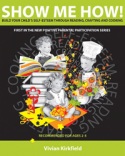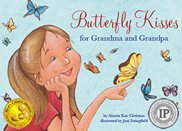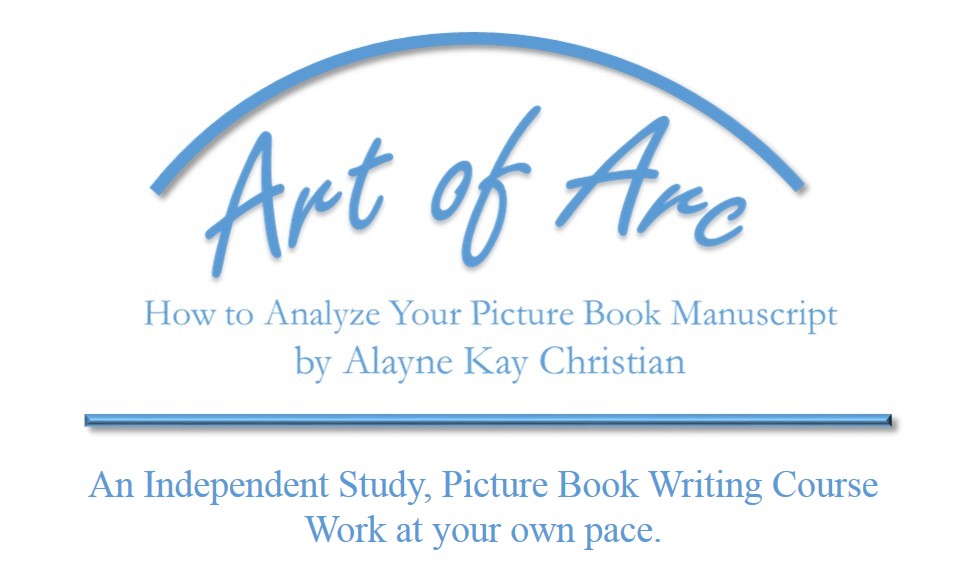A big thank you to Vivian Kirkfield for sharing her thoughts on manuscript submissions with us today.
TRYING BACK DOORS: A FEW THOUGHTS ABOUT SUBMITTING TO
SMALL PRESS PUBLISHERS
by Vivian Kirkfield
Did you ever lock yourself out of your house? Back in 1996, we arrived at our new home in Colorado Springs, having driven 2000 miles from Connecticut. We climbed out of the car, walked up to the front door of our new house, and quickly realized we had packed the keys in one of the many boxes that were being transported by the moving company. They would not arrive for several days.
Fortunately, I was able to get in the back door. Well, sort of. There was a dog door at the back of the house. I’m pretty small, so I scrambled through the flap and ran around to unlock the front door for the rest of the family.
There are a couple of ‘back doors’ in the publishing world as well, and writers can sometimes find success using them. I’d like to share a couple of thoughts that might be helpful to all of you.
SMALL PRESSES
A small press publisher can be a good place to start your climb to the top of the publishing pile. There are thousands of small press publishers in North America alone. Of course, you still need to do your homework: check their reputation, check their submission guidelines, research their book list to target your submission, and only send your work when it is the best it can be.
What are the advantages of working with a small press publisher?
- You may get much more personal attention because a small-press editor works with fewer writers and can afford to take a personal interest in each book.
- Small presses are less numbers-driven and more interested in quality.
- Many small presses specialize in a niche market. Your queries can be focused much more precisely, and you can often find a publisher who is a perfect fit for your book.
- A small press may be able to afford to keep a relatively large backlist. Your book will stay in print longer, maybe even for years, providing a lot more time for word-of-mouth to take effect.
What are the disadvantages of working with a small press publisher?
- Small presses only publish a limited number of new titles each year, some only one or two.
- Small presses cannot afford to market your book the way a larger publisher can. They list it in their catalog, but tours, signings, and any other marketing will probably be up to you, the author. However, these days, even major publishing houses do not spend very much in marketing dollars for unknown authors. If you want your book out there, you will have to hustle it yourself.
- Small presses do not have the distribution capability of major houses. The large book wholesalers, like Baker and Taylor or Ingram, don’t carry many small press titles and the superstores usually only buy from these major distributors.
- Most small presses operate on very tight budgets and unforeseen problems can sometimes push a small press into bankruptcy. If you decide to sign with a small publisher, make sure you have a contract provision that allows you to reclaim the rights to your manuscript.
How to Approach a Small Press Publisher
I had an interesting experience with a small press this past year. One of my manuscripts seemed to be a good fit for a small niche publisher. I did some research and found them on Facebook and left a comment about how I was going to submit something to them. There was an immediate response and an invitation to submit, which I did. About two months later, I received a lovely email from the acquisitions editor, encouraging me to revise the story and resubmit it. Unfortunately, by the time I revised and resubmitted it, the editorial staff had been reorganized, my contact was no longer there, and they were no longer interested in the manuscript. But I’ve sent it on to several other places. I won’t cross my fingers because I am too busy writing and revising more manuscripts.
Here are a couple of submission tips for small presses and niche publishers:
- Know what they publish. Don’t query a regional nature manuscript to a press that publishes stories about military families.
- Read and follow their submission guidelines to the letter and prepare your submission package carefully.
- Be patient. Be courteous. Be considerate.
- If you don’t have an agent to represent you, make sure you know what you are signing away and what you are getting.
And here are some online resources to get you started:
Fantastic article from Science Fiction and Fantasy Writer’s Association for EVERY writer who is submitting to agents or to editors. It includes important links to check out both publishers and agents: http://www.sfwa.org/other-resources/for-authors/writer-beware/small/
Agent Query — http://www.agentquery.com/publishing_ip.aspx
Literary Market Place — http://www.literarymarketplace.com/lmp/us/index_us.asp (free registration required)
Bonus link from Alayne: From Writer’s Digest – THE PROS AND CONS OF PUBLISHING WITH A SMALL PUBLISHER by Brian Klems — http://www.writersdigest.com/online-editor/the-pros-and-cons-of-publishing-with-a-small-publisher
I wish you all the best of luck with whatever submissions you bravely put out there this year.
I’d like to thank Alayne for the opportunity to participate in the ALL ABOUT SUBMISSIONS series.
Vivian Kirkfield loves being surrounded by picture books and children. A former kindergarten teacher, she has a master’s in early childhood education…and when she isn’t scribbling stories, she is hiking and fly-fishing with her hubby, reading, crafting, cooking with kids, and sharing self-esteem and literacy tips with parents. Although she is not a fan of heights and was always a rather timid child, Vivian is constantly taking leaps of faith. In 2010, she self-published her award-winning parenting resource, Show Me How! Build Your Child’s Self-Esteem Through Reading, Crafting and Cooking. Three years ago, she went skydiving with her son. In May of 2013, she flew half-way around the globe to speak at the 2013AFCC/SCBWI conference in Singapore, and she is amassing a respectable pile of picture book manuscript rejections. To learn more about her mission to help every child become a lover of books and reading, you can follow her on Twitter, connect with her on Facebook, like her Show Me How page on Facebook, visit her blog at Picture Books Help Kids Soar or contact her by email.













